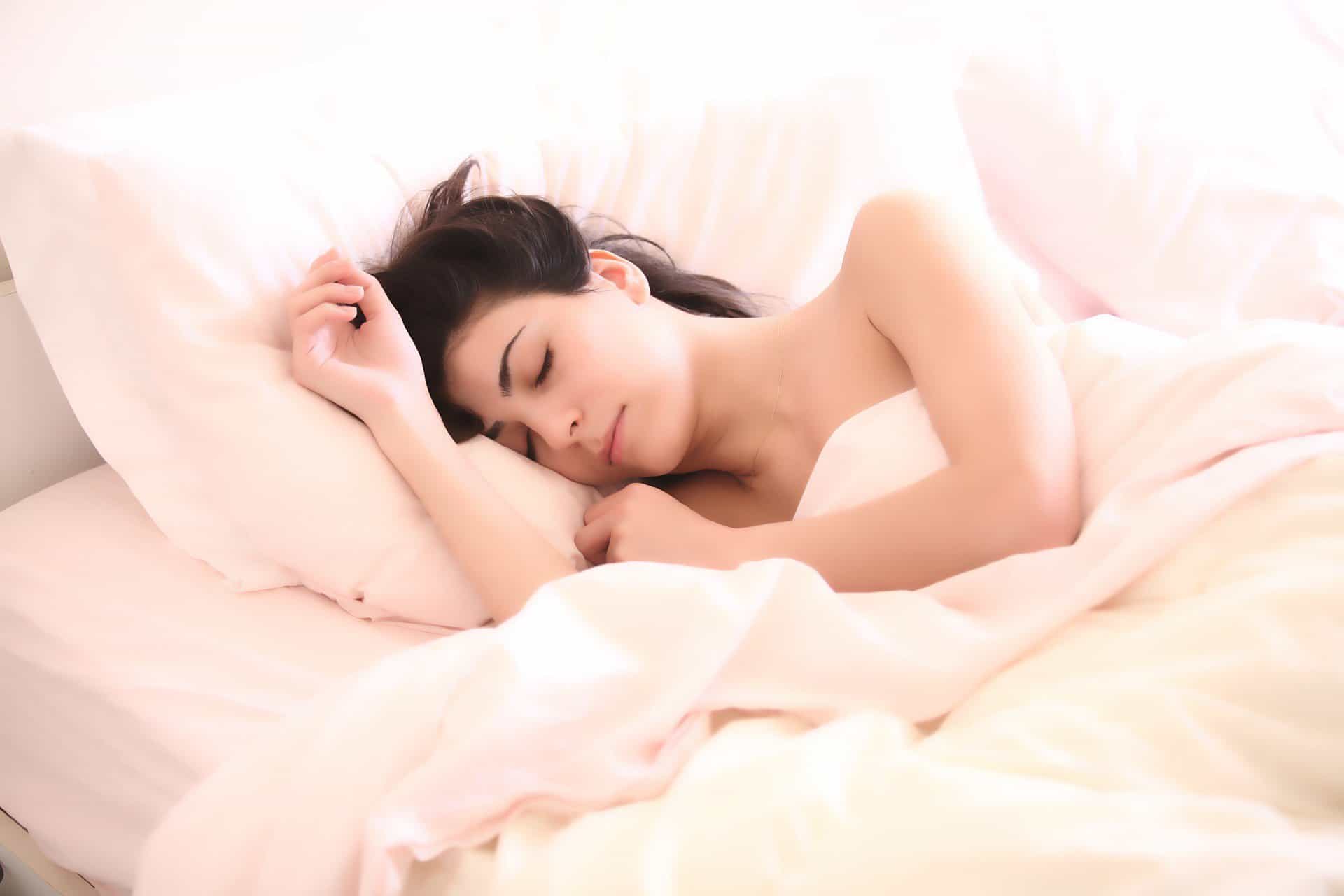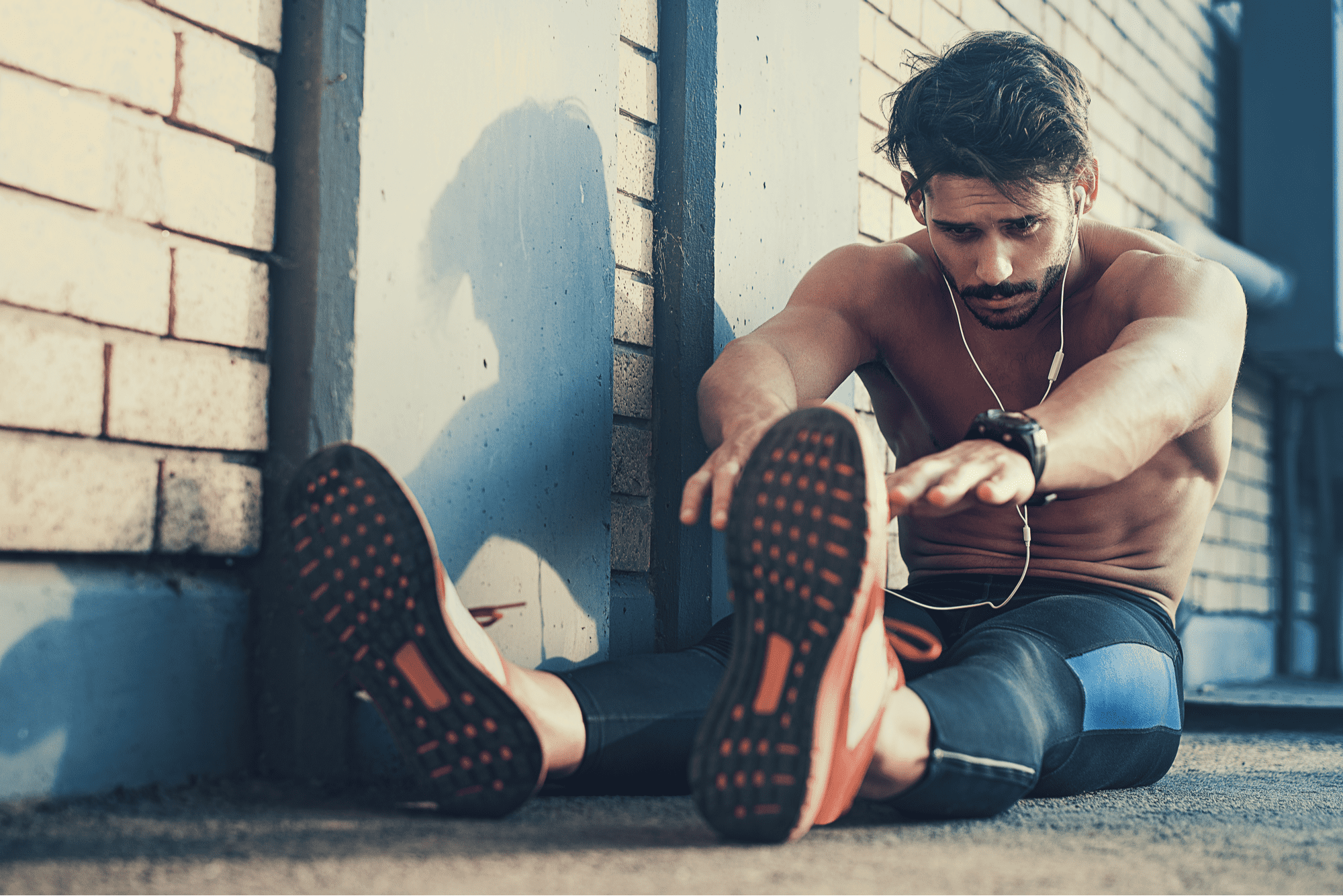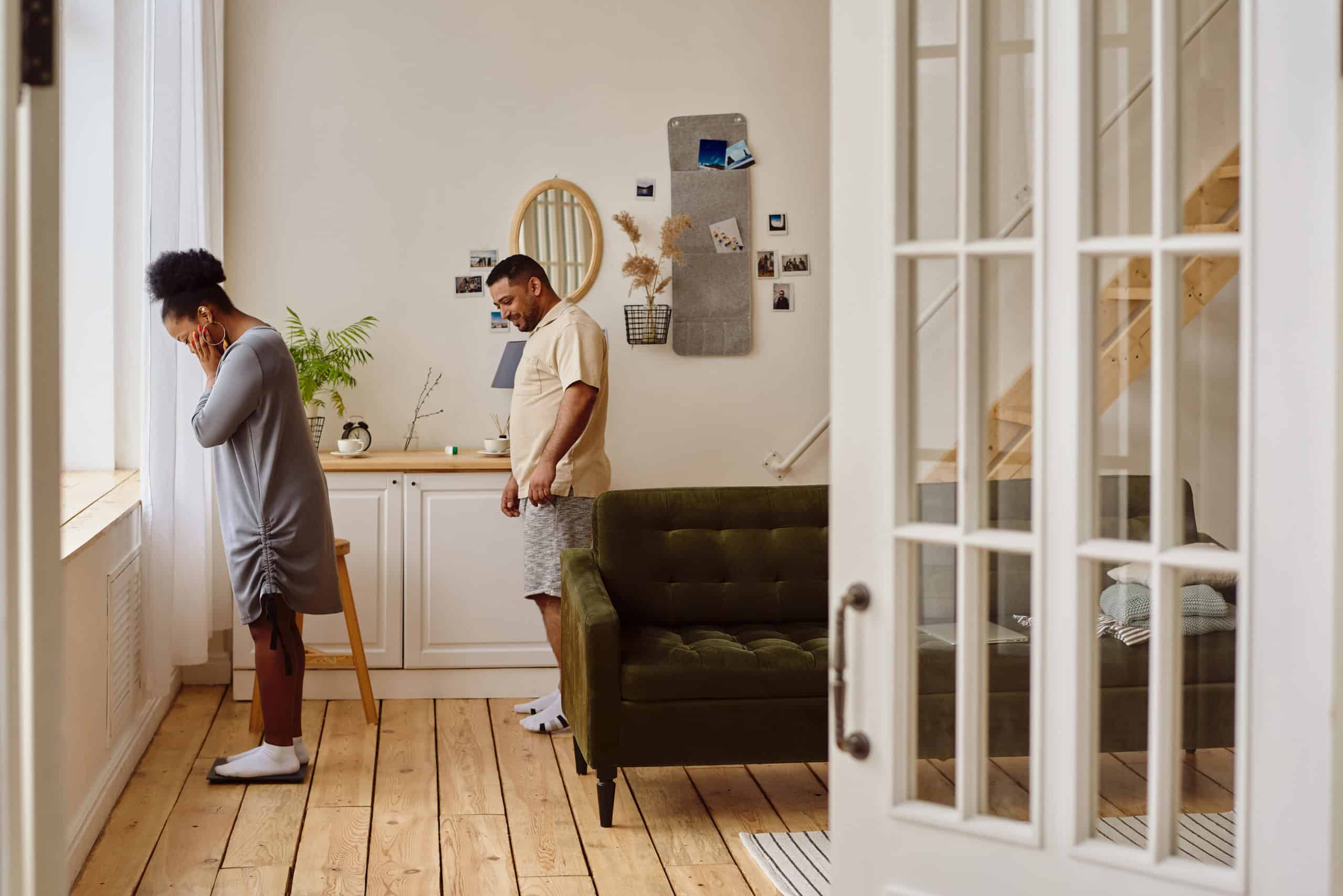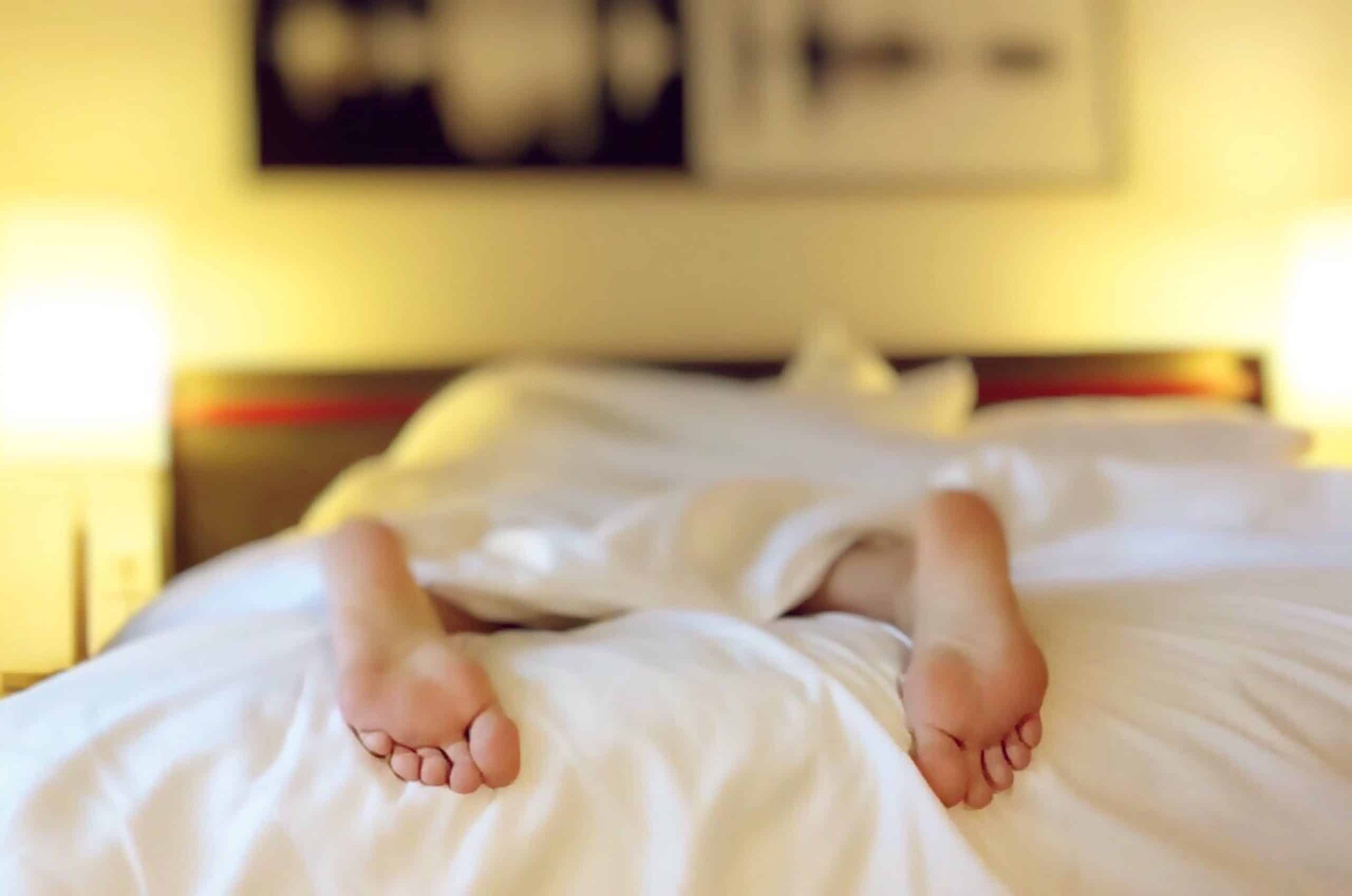You may ask, “What even is sleep hygiene? Making sure your brain gets soaped up and washed clean each night?” Not exactly, but you can think of sleep as a way to recharge and refresh, and sleep hygiene as your habits around sleep, which can be altered to get more restful, high quality sleep, and maximize your ZZZs..
For many, sleep is the elusive piece of health and wellness that can be the most difficult to nail down. We’ve put together our tips to help you start improving your sleep hygiene today.
1. Have a set bedtime and wake-up time (7 days a week!)
“But I can catch up on the weekend!” Yes, you can. But to really improve the quality of your sleep, like with anything, consistency is key.
2. Create a routine
Having a bedtime routine can help to train your brain that bedtime is coming and it’s time to wind down. Whether it’s 5 or 30 minutes, consistency and self-care goes a long way.
3. Ease up on electronics
While it can be nice to wind down with some Netflix or scrolling through your social media feed, the blue light from our devices signals stimulate our brain and disrupt our natural sleep/wake cycles. Turning your electronics off (or on “night shift” mode) at least 30 minutes before bedtime can help your brain stick to its natural rhythms.
4. Keep your phone away
Placing your phone across the room will reduce the chance that you’ll be woken up from a text message in the middle of the night, or be tempted to scroll if you’re having trouble sleeping. And when your alarm goes off, it will motivate you to get up to turn it off instead of hitting snooze – win-win!
5. Cut-off caffeine
Although caffeine affects everyone differently, it’s best to limit your caffeine intake later in the day, since it can impact your ability to fall asleep. Create a caffeine “cut-off” time based on how your body responds.
6. Avoid alcohol before bed
While alcohol makes some people sleepy, similar to caffeine, alcohol can have a negative impact on your sleep, especially the quality of your sleep.
7. Save high intensity exercise for earlier in the day
We’ll never discourage a sweat sesh, but if you’re opting to exercise at night, you may want to stick with a low to medium intensity workout late so you are not over-stimulated. What’s “too close”? That will vary from person to person! Experiment to find out what works for you.
8. Keep your bed for sleeping
There are lots of great ways to relax and get ready for bed but your brain is sensitive to where it does what. Having a comfortable chair in the bedroom or even anywhere else in your home with dim lighting to do relaxing activities until it’s time for bed will help your brain make the distinction of where it is awake and where it is meant to sleep (in bed).
Real results with a personalized weight loss program
Take the quiz!

9. Get comfortable
This one sounds super simple but it can have a big impact! A good mattress, cozy pillows and bed linens, and comfy pajamas are key. A quiet, cool, and dark and environment can also make all the difference.
10. If you need to nap, limit yourself to a 20-minute power nap in the middle of the day
Day-to-day, napping can throw the precious sleep schedule you’ve been working so hard for right off! An occasional, short power nap can take you through just the right amount of your sleep cycle to recharge without feeling groggy and help you take on the rest of your day.
Sleep can be tricky, but a little change here and there can make a big difference in the long run, and help you stick to your health goals.





